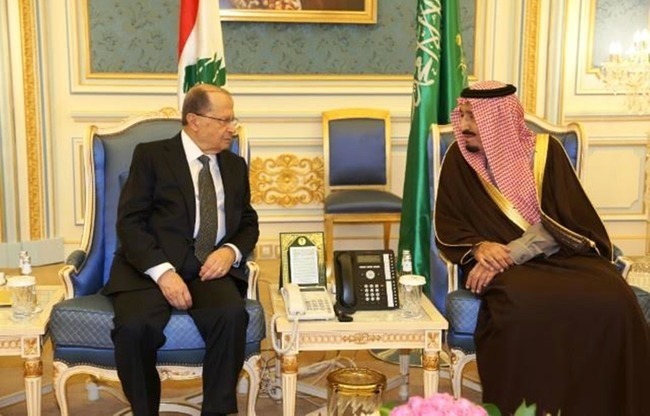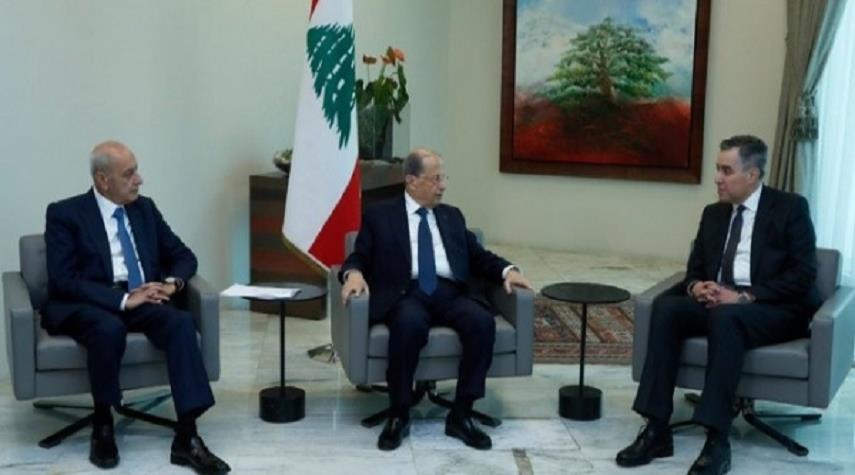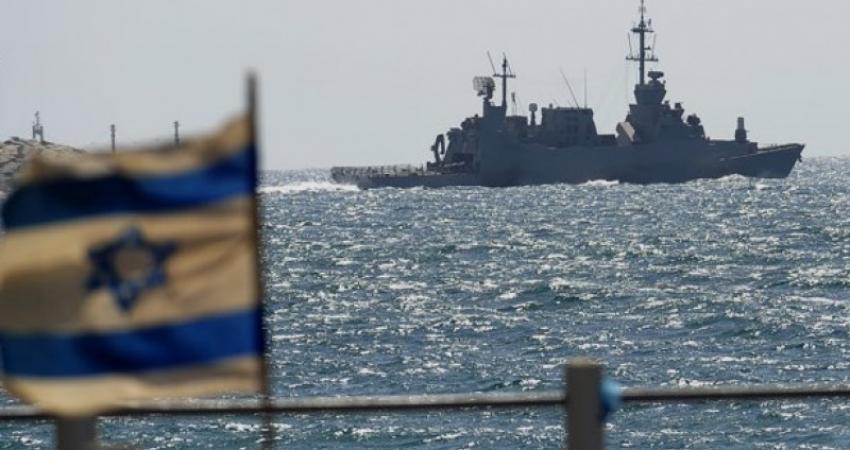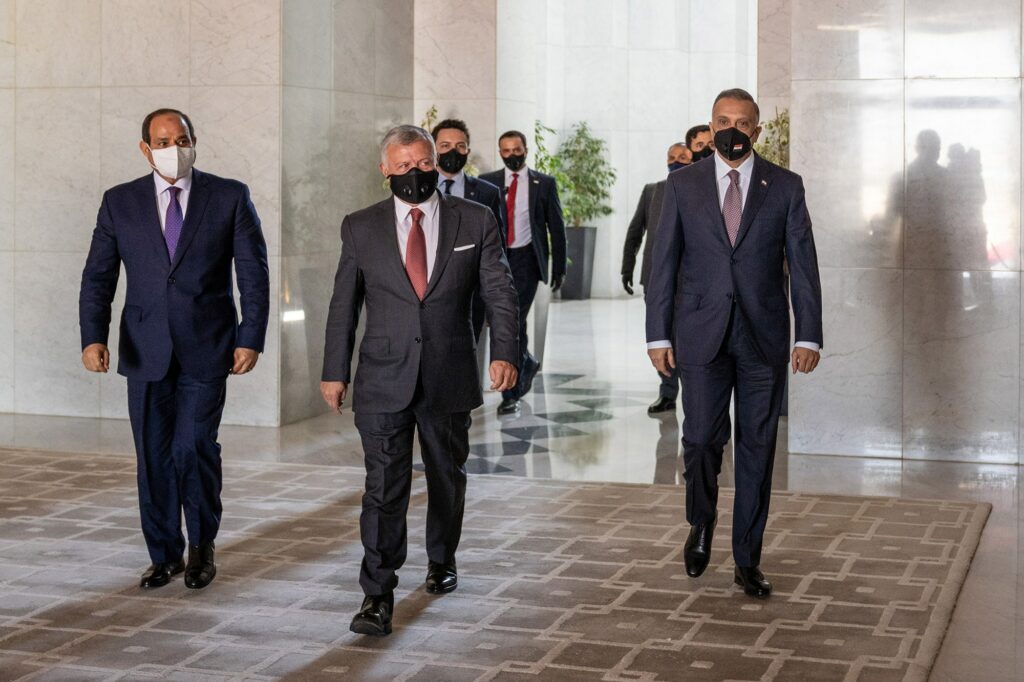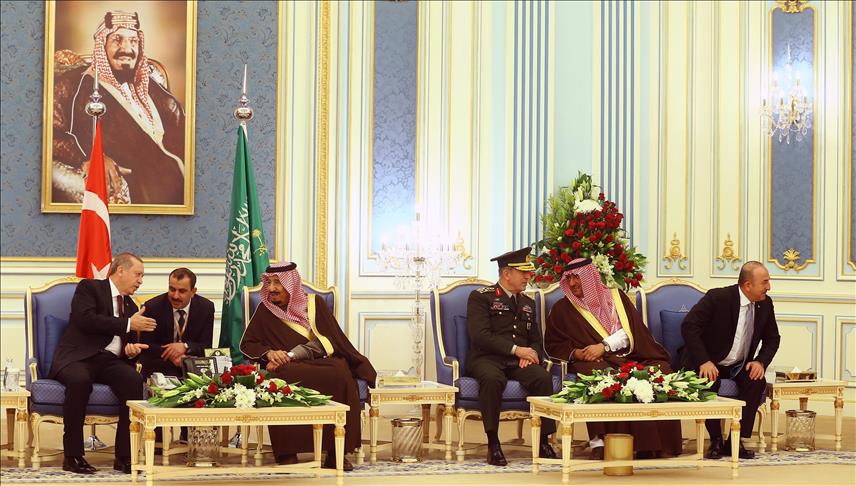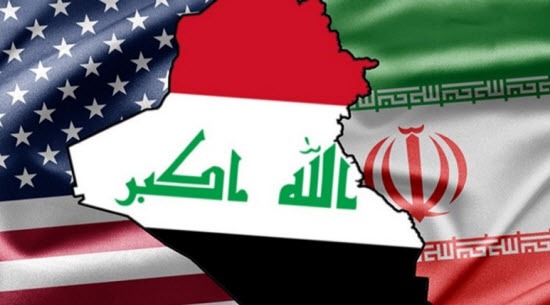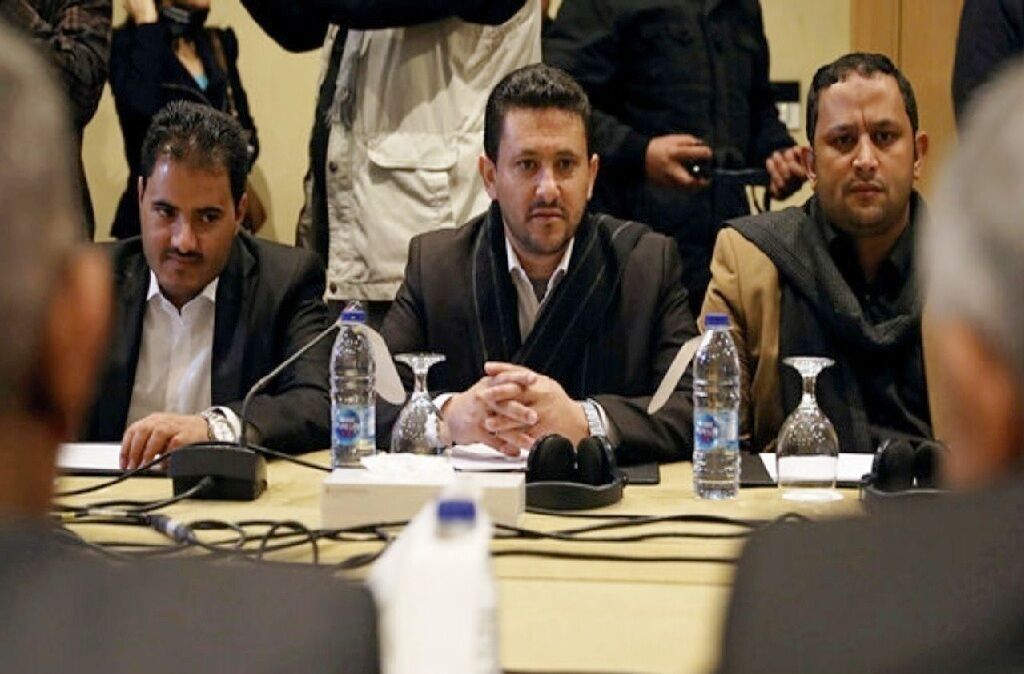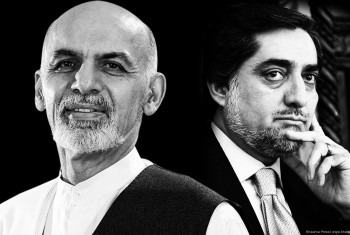An Analysis on Efforts by the US and China to Strengthen Mutual Military Capabilities
Strategic Council Online—Interview: An expert on strategic issues said: The US Navy has put a project on the agenda to convert surplus oil platforms into mobile missile defense bases in the Pacific Ocean and face China’s threats. These platforms are supposed to be deployed in response to China’s growing missile threats in the Pacific region. Platforms converted into missile defense bases are expected to play an important role in increasing US air defense capabilities and assisting in the country’s strike missions.










